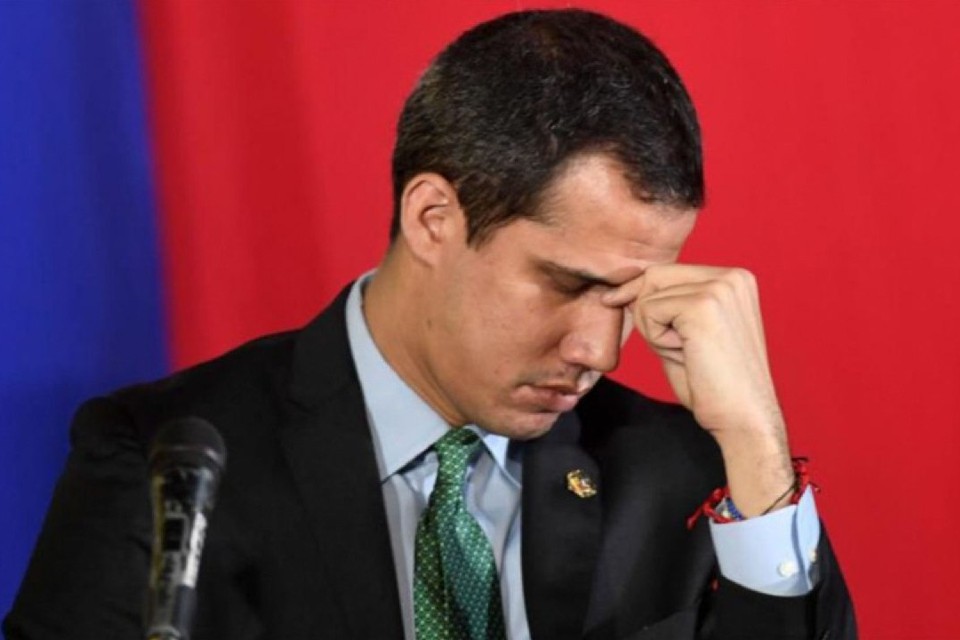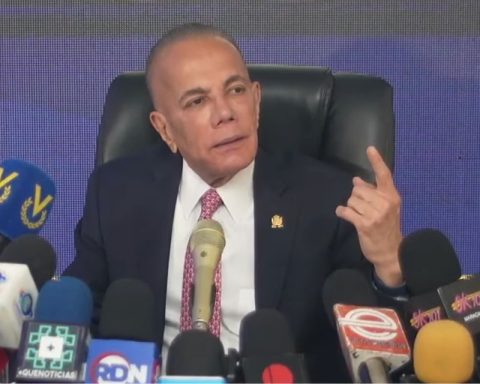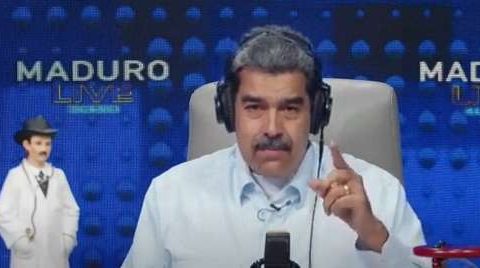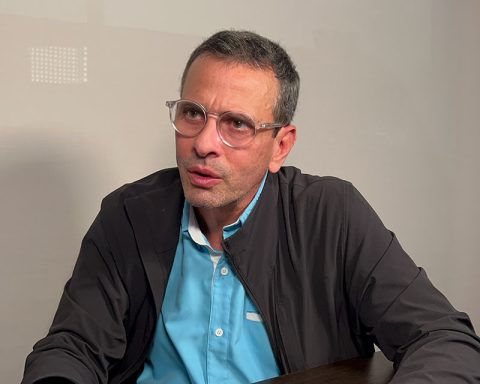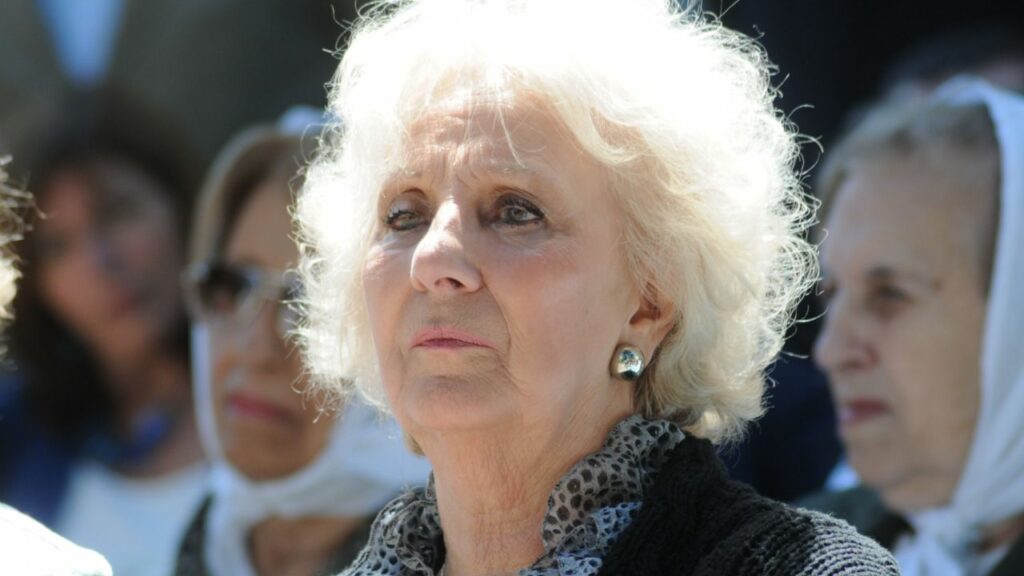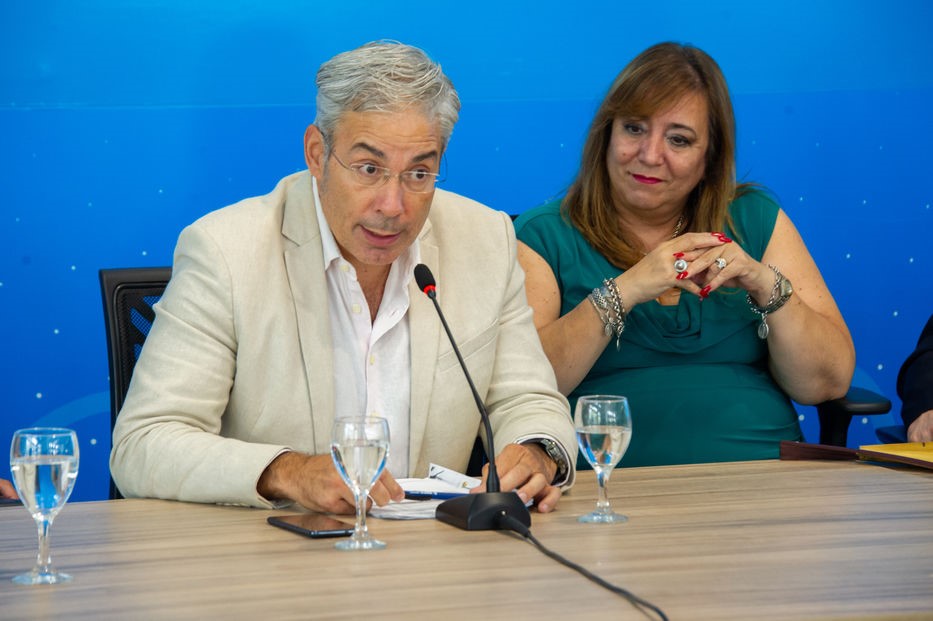The National Assembly elected in 2015 reported on its official Twitter account that the session in which the continuity of the interim government will be discussed will take place on January 3 and not this Thursday, December 29, as initially scheduled. The decision was made in response to the request of the board of directors of the legislative body and several deputies to extend the discussion to “seek a broader agreement for the country.”
#ATTENTION | Deferred
Ordinary Session of the #AssemblyVe proposal for this December 29, taking into account the criteria of the members of the board of directors and deputies to extend the discussion in order to seek a broader agreement for the countryIt is reconvened for 01/03/2023
— National Assembly (@AsambleaVE) December 28, 2022
Just in the morning hours of this Wednesday, Juan Pablo Guanipa, first vice president of this Parliament, stated that if it was necessary to postpone the session to prioritize the path of consensus on this issue, it would be done, since the elimination of the interim period generates conflicts both within Like out of the country.
For her part, Delsa Solórzano, a deputy representing the Encuentro Ciudadano party, called for unity regarding the reform of the Transition Statute Law, which is the figure under which the management of Juan Guaidó has been governed since 2019, when he assumed the interim presidency in order to seek free elections for the country.
“If there is no agreement, we propose that the session scheduled for tomorrow, December 29, be postponed in order to exhaust all the necessary efforts for the sake of that urgent historical unity that Venezuela needs. I am a firm believer that together we are better, “he wrote on social networks.
The Primero Justicia organization, to which Guanipa belongs, together with Un Nuevo Tiempo (UNT), Acción Democrática (AD) and the Movement for Venezuela (MPV) proposed to the majority opposition NA the elimination of the interim government, but asked to maintain the activity of the parliamentary body for at least three more years than the five established in the Venezuelan Constitution, with more specific functions that would focus mainly on the defense of Venezuelan assets abroad.
Other parties, such as La Causa R (LCR), believe that the liquidation of the government in charge, which has lost the recognition of some of the countries that made up what was once a long list of nations that supported it, represents an “assassination legal that will bring catastrophic consequences for the country and its population that fights for freedom and democracy. This is because it leaves the Venezuelan State without a constitutionally legitimized Executive Branch.
note in development
